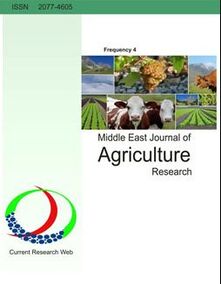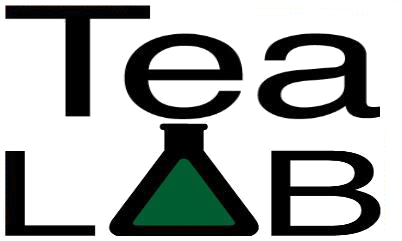 Integration of Some Bio Compounds with Compost Tea to Produce Sweet Corn without Mineral Fertilizers July 2020 Link Here Leave it up to ag-scientists living in a dry, resource limited area to come up with the next newest agriculture solution. A group of researchers wanted to see if they could grow corn at a rate considered successful without using synthetic fertilizers, and instead using a nutrient-fortified compost tea. Compost tea alone carries very little of the macronutrients required for robust plant growth, so the scientists combined the actively aerated compost tea with one of 3 nutrient sources. The nutrient sources they used were: algae extract, azolla (duckweed), or yeast extract. The tea was brewed for 24 hours, then one of the three additives was mixed in. Then the mixtures were applied to plots of sweet corn. There were 5 total plots, one that was fed with a conventional synthetic NPK fertilizer, one with only compost tea, and then three mixtures of tea and additives. The corn was allowed to grow through the season, with growth and yield parameter surveyed at the end of the cycle. This experiment was repeated in two successive years in order to attain substantive data. After the second year's trial the data was analyzed to see if there were any differences between the conventional (synthetic) corn and the compost tea grown corn. Amazingly, the compost tea plus yeast extract plot was found to yield equally to the conventionally grown corn. The dry weight, size, and yield all were statistically no different, showing that tremendous results can be achieved using natural methods. The other tea/additive plots produced 10-20% less corn as compared to the tea/yeast or conventional group. These findings indicate that the relatively simple to produce yeast-extract has the potential to replace costly, and potentially toxic conventional NPK fertilizers, while at the same time contributing to good soil health by using a sustainable approach. The amount of tea and additive used in the experiment was very small in comparison to the amount of NPK fertilizers applied to the field. The costs, both financially and environmentally, are drastically less when using ecologically sound production principles. Thanks to the Egyptian scientists Saad Abou-El-Hasssan, and Heba El-Batran, without the ardent efforts of people like this, our production systems would continue to be stuck using newly-ancient technology, and our food and ecological systems would fall further in peril. So, add some yeast to your brew and thank a scientist!!!!
0 Comments
|
Archives
June 2024
Categories
All
|
Contact Us
Why TeaLAB?TeaLAB is committed to helping people and their gardens to become more self- sufficient, healthier, and productive. Grow your sweetest corn, your biggest watermelon, your tallest quinoa, your tastiest tomato, and your happiest you.
TeaLAB was founded to teach people how to garden organically, so that we can become more closely connected with the land. Our goal has been to simplify growing methods so that gardeners have a positive experience in the garden. TeaLAB is where the garden meets the laboratory. From around the world and into your backyard, our products contain ingredients that are sourced both locally and globally. Using methods both ancient and cutting edge, TeaLAB promotes maximum biology. Grow with TeaLAB. |

 RSS Feed
RSS Feed
